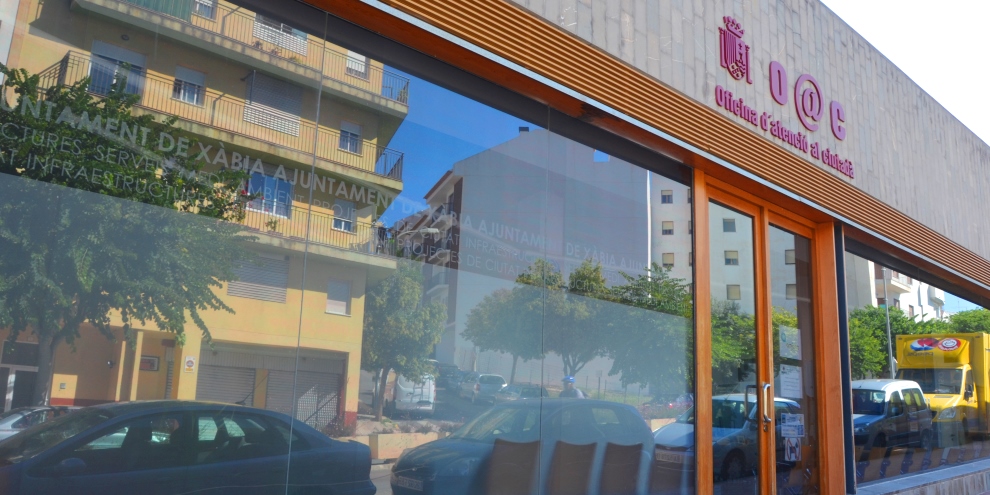
Coming to live in Jávea is one of the best decisions anyone could make – but, of course, we could be a little biased. The latest available statistics (2020) show that over 48% of its population of 28,016 are foreigners and that more than 4,400 of those registered residents have come from the UK. In the wake of BREXIT, it has become more important than ever for British citizens who were living in Spain before December 31st 2020 to ensure that they are legally resident in Spain to be able to benefit from the rights outlined in the UK-EU Withdrawal Agreement. Being properly registered also opens up many doors, including the right of residency, freedom of movement and access to the health system.
DISCLAIMER: These notes are based on our own experiences when we went through the processes a few years ago. As always, processes evolve and we would appreciate any updates based your own encounters with bureaucracy. If you have any doubt, we recommend employing the services of a professional advisor. There are several reliable options in our Business Directory.
UK CITIZENS AND SPAIN
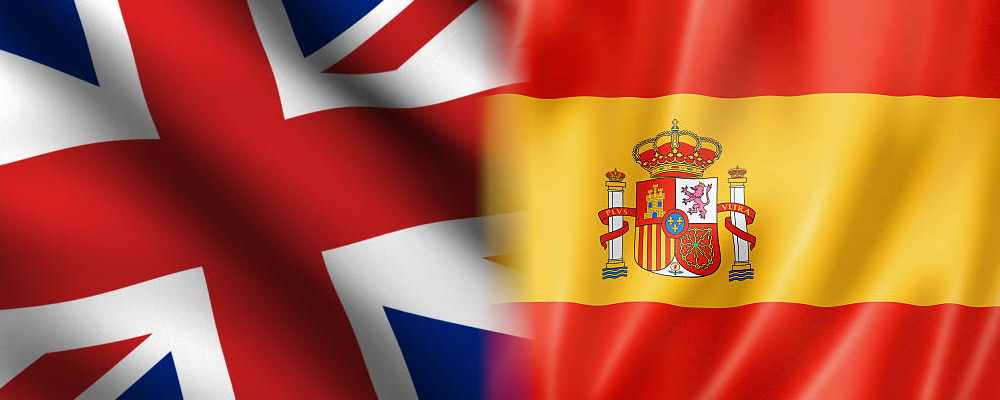
On December 31st 2020, after many, many months of blustering and flustering, negotiation and re-negotiation, the United Kingdom finally formally withdrew from the European Union. As a consequence, UK nationals have lost their automatic right to live and work in EU countries and are now regarded as ‘Third Country’ citizens. Here is our guide to what requirements now apply to Brits.
For UK citizens who had established residency in Spain before 31/12/2020, the UK/EU Withdrawal Agreement protects their right of residency in the country and they should be in possession of one of the following:
- Green A4 Residency Certificate or Card
- Tarjeta de Identidad de Extranjero (TIE)
Although the green residency document remains valid for the time being, UK citizens are encouraged to exchange it for a biometric TIE to simplify administrative processes and border crossings.
With regards to the latter, the British Embassy has acknowledged that UK citizens are experiencing difficulties with its recognition, especially at border control, and have produced a multilingual letter for the Spanish authorities here (PDF, 218KB, 2 pages).
However, both governments advise exchanging for a TIE as soon as possible.
It is a fairly simple process that can be done by the individual or by employing a specialist to assist.
Since January 1st 2021, UK nationals no longer have the automatic right to live or work in Spain or any other UK country and will need to apply for a visa to do so. The most popular are:
- The Non-Lucrative Visa (NLV)
- The Work Visa
- The Student Visa
The Non-Lucrative Visa (NLV) is available for those who will not be working in Spain but have a reliable, ongoing source of income and substantial savings and wish to reside in Spain for more than 3 months. This is the option for UK citizens who are retiring.
The Work Visa is for those who intend to find employment in Spain and it is notoriously difficult to get since you need to prove that someone is willing to employ you or, if you intend to be self-employed, you have to provide proof of sufficient funding and a relevant business plan.
The Student Visa is for those who intend to study in Spain. They must provide proof or enrollment on an officially recognised course.
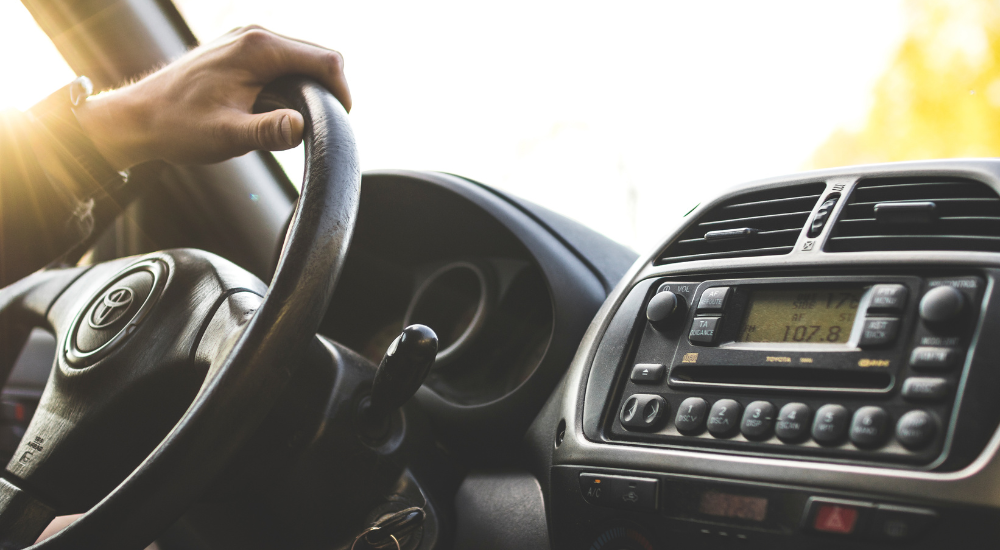
In Spain, we drive on the right side of the road which means that all traffic coming from the right has right of way, unless you are driving on the road that has clear right of way. Distances and speeds are expressed in kilometres (km) and kilometres per hour (km/h) whilst service stations offer fuel by the litre. In our guide below, we explain the types of road, the driving licence (and the requirements for UK citizens post-Brexit), drink driving, driving in flip flops and sandals, carrying gas bottles and much more.
Paperwork for All
Registering on the Padrón, the civic municipal list, is not only a legal requirement for those who spend much of their time in Spain but also provides the town hall in Jávea with a population count from which it receives the appropriate funding from central government for its local services such as police, postal service, fire fighting ability and health support.
The NIE (Numero de Identificación de Extranjeros – Foreigner Registration Number). is simply a registration legally required for foreigners who have assets in Spain, both residents and non-residents. You need this number for many procedures, including opening a bank account (resident or non-resident), buying a car, even, on occasions, accepting a package through the postal system.
Foreigners who want to reside in Spain for more than three months must register with the Central Register of Foreign Nationals.
If you plan to live and work legally in Spain and contribute into the system, you need to apply for a social security number in order to qualify for benefits such as public healthcare. This number can be obtained from the Seguridad Social office in Paseo Saladar in Denia.
PUBLIC TRANSPORT – Public Buses in Jávea
The current contract for the public bus route in Jávea is run by Grupo DeniBus who provide a single route called TOSCAMARBUS which runs between the old town and the Toscamar urbanisation via the port and the Arenal beach area.
LINK: Public Buses in Jávea
RECYCLING IN JÁVEA
Jávea has a decent record for proper waste management and a clear recycling policy. There is an Ecoparque for the collection of waste which can’t be deposited in the normal bins and a special location for the management of garden refuse.
LINK: Recycling in Jávea
BENVINGUTS A VALÈNCIA – Learn more about the Valencian region
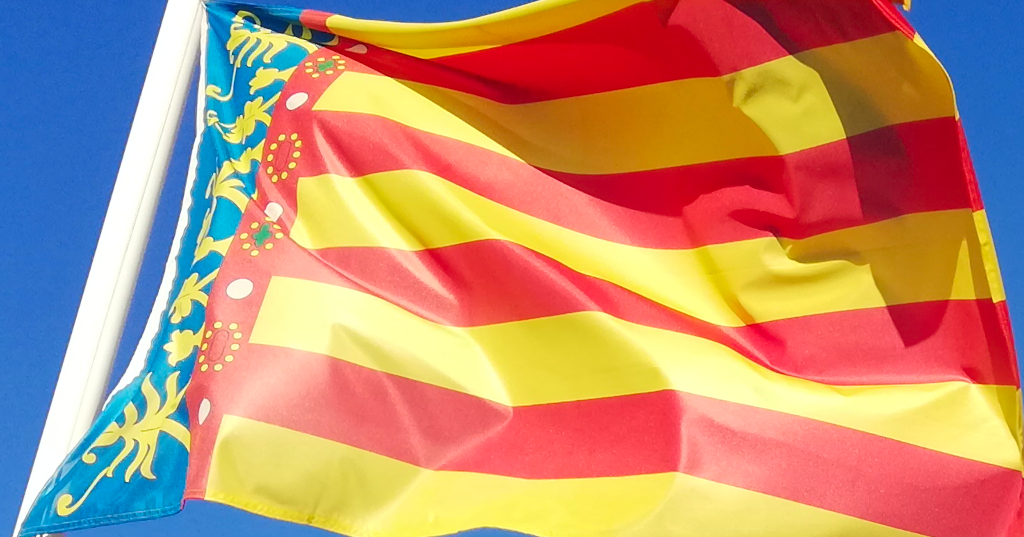
Paella Valenciana, direct from the pan
The Valencian paella – once known simply as “Arroz a la Valenciana” (“Valencian Rice”) – is a dish best enjoyed in the company of friends and family.
LINK: Paella Valenciana, direct from the pan
VIVA ESPAÑA – Learn more about Spain
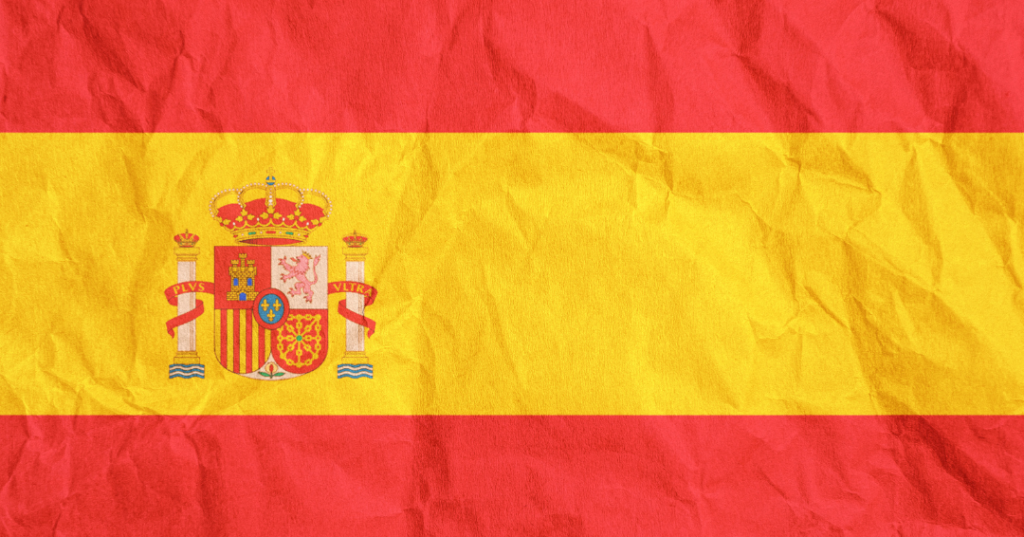
EL GORDO – The Christmas National Lottery
For a few brief hours on the morning of December 22nd many Spanish eyes and ears will be glued to the nearest television set or radio, whether they be at home, in a bar or even sitting at work. On that day, as has been the case every December 22nd for years, the biggest lottery in the world will be drawn. By the end of the day, someone’s life will have been changed, a perfect start to Christmas. This is ‘El Gordo’ – the famous Christmas National Lottery.
LINK: El Gordo – The Christmas National Lottery
Understanding Semana Santa
Semana Santa – ‘Holy Week’ in English – is one of Spain’s most profound and visually striking religious and cultural celebrations. Taking place during the week leading up to Easter Sunday, it commemorates the Passion, Death, and Resurrection of Jesus Christ and is marked by dramatic processions featuring ornate floats carried through the streets of many cities and towns across the country on the shoulders of devoted members of religious brotherhoods. Blending deep spiritual devotion with artistic expression and community pride, Semana Santa offers a powerful window into Spanish identity and heritage.
LINK: Understanding Semana Santa
Spain
How old is Spain? What languages are spoken in Spain? What’s the geographical centre of Spain? What’s the national anthem and can you sing the words? Where is the oldest restaurant in the world? What’s the life expectancy? Click on the link below to find out more!
LINK: Twenty Interesting Facts about Spain
The Spanish Language
Spanish is part of the Ibero-Romance language group that developed on the Iberian Peninsula from Latin and around 75% of modern Spanish is derived from the classical language. Since 2010, April 23rd has been observed as UN Spanish Language Day – El Día del Idioma Español de las Naciones Unidas – which acknowledges that Spanish is an official or de facto national language of several languages in the Americas, especially Hispanic America.
LINK: The Spanish Language
The Twelve Tapas of Spain
The word “tapas” comes from the verb ‘tapar’ which means “to cover” and the origins of these tasty snacks are many, but the most popular is that when Alfonso XIII was visiting the city of Cádiz in Andalusia, he stopped in a bar and ordered a glass of wine. Here is a list of the Twelve Tapas of Spain, a dozen of the most popular dishes.
LINK: The Twelve Tapas of Spain.
Spanish Culture | 10 “Normal” Things in Spain that Foreigners think Strange
When a foreigner visits Spain, there are dozens of cultural aspects that can shock them and that, nevertheless, for a Spaniard are part of normal life. In some cases they are day-to-day customs, whilst in others, details of typical fiestas in Spain. It is a beautiful clash of cultures that doesn’t generate negative sensations, quite the contrary: they will probably be left wanting to know more.
LINK: Spanish Culture | 10 “Normal” Things in Spain that Foreigners think Strange
Why Spain’s time schedule is so out of alignment with everyone else
Even though Spain sits in the same meridian as the United Kingdom and Portugal, its clocks are in the same time zone as much of the rest of continental Europe, including the likes of Poland, Hungary and Serbia, some 2,000 kilometres to the east. But it hasn’t always been the case.
LINK: Why Spain’s time schedule is so out of alignment with everyone else
The V-16 hazard warning device explained
The V-16 hazard warning device has been in use since July 2021 and will become mandatory in Spain from January 1st 2026. It is an orange flashing light that replaces the warning triangles as a means to advise other drivers of a stationary vehicle on the road.
LINK: The V-16 hazard warning device explained
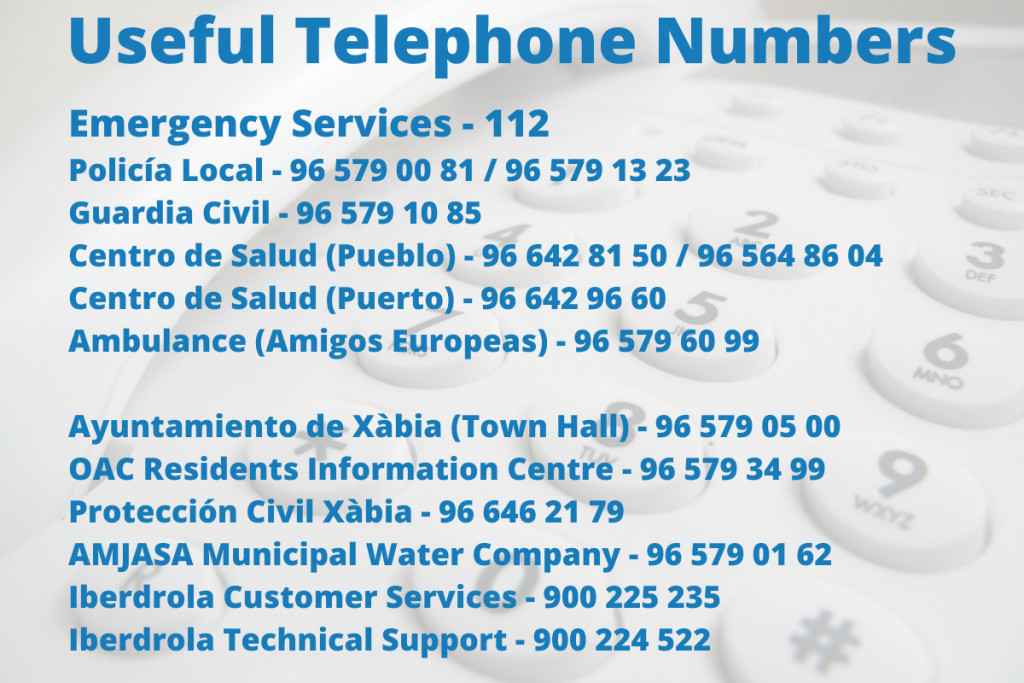
“I sighed. I hated the maze of bureaucracy with a passion, but I’ve found the best way to deal with it is to smile and act stupid. That way, no one gets confused.”
KIM HARRISON (1966-)
Dead Witch Walking




